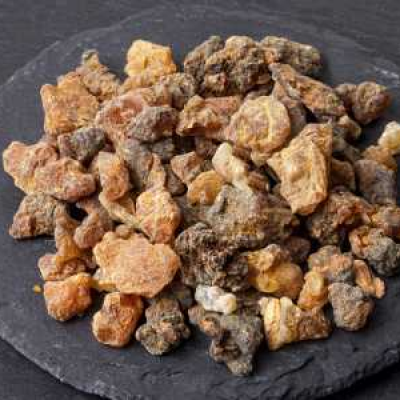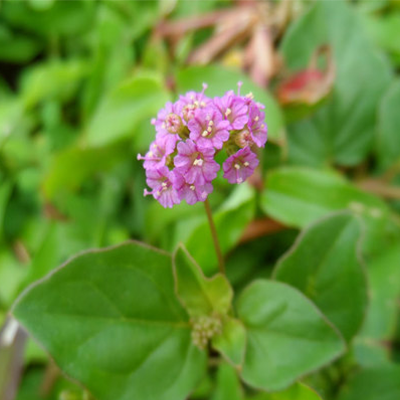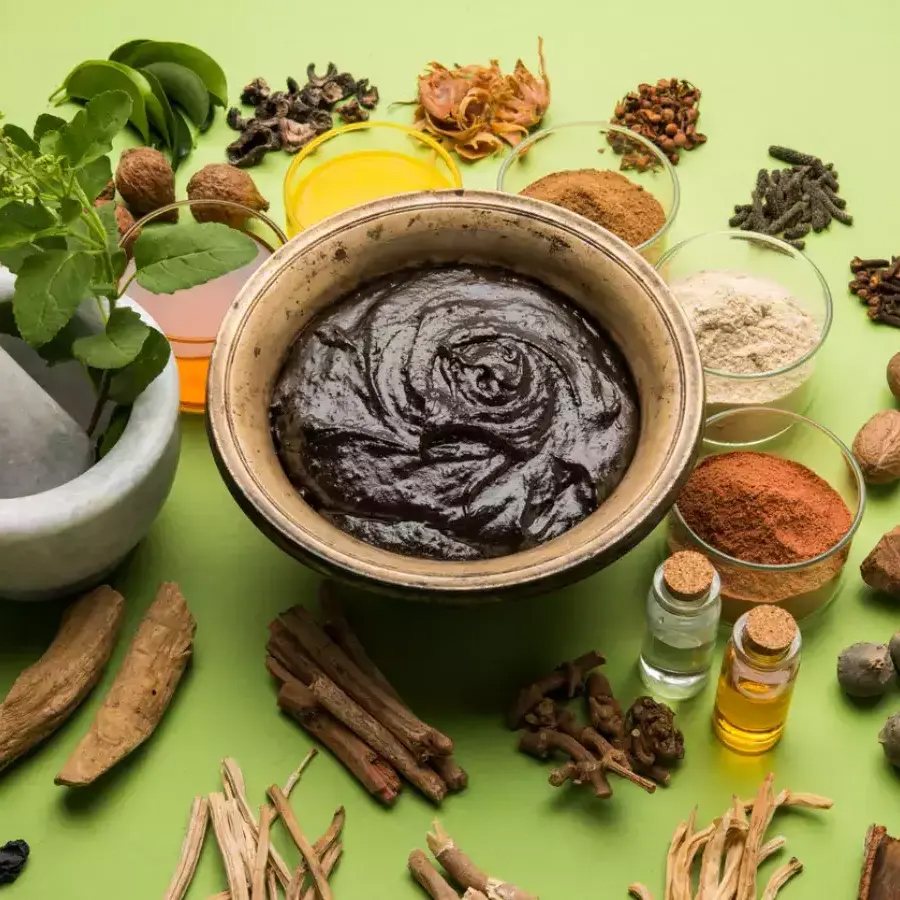- +033 2572 7171
- info@dhanvantary.com

4.5 Rating | 4500 Review

4.5 Rating | 4500 Review
Coronary Artery Disease (CAD), also known as ischemic heart disease, is a condition where the coronary arteries, responsible for supplying oxygen-rich blood to the heart muscle, become narrowed or blocked due to the build-up of cholesterol (plaque) and other substances. This restricts blood flow to the heart, potentially leading to chest pain (angina), heart attacks, or heart failure.

In Ayurveda, CAD is often correlated with Hridroga (heart diseases) or Raktavaha Srotas Dushti (disorders of blood-carrying channels). It is caused by an imbalance of the three doshas (Vata, Pitta, and Kapha), primarily involving:
Includes rejuvenation herbs to strengthen the heart and improve overall health.

Strengthens the heart muscles and improves blood circulation.

Reduces stress and strengthens the cardiovascular system.

Lowers cholesterol and reduces plaque.

Improves circulation and reduces swelling.

Detoxifies the body and prevents Ama formation.
